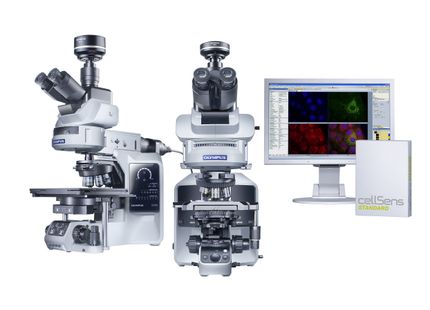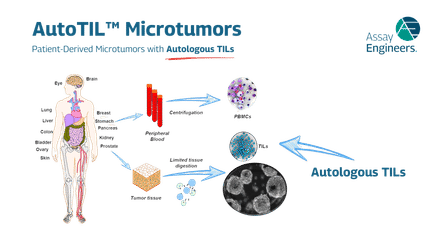To use all functions of this page, please activate cookies in your browser.
my.bionity.com
With an accout for my.bionity.com you can always see everything at a glance – and you can configure your own website and individual newsletter.
- My watch list
- My saved searches
- My saved topics
- My newsletter
Hypothalamotomy
Product highlighthy·po·thal·a·mot·o·my n, pl -mies : psychosurgery in which lesions are made in the hypothalamus by a knife, ultrasonic energy, radiation, or electricity . In strict medical terms, a lobotomy - or leucotomy, as the procedure became known in the UK - involved the removal of part of the frontal lobes of the brain or the severing of neural fibres connecting the frontal lobes to the limbic system - the part of the brain concerned with emotional response and functions not under conscious control. From the mid-1930s until the early 1960s this form of "psychosurgery" was heralded as a miracle cure for the mentally ill, before psychotherapy came into vogue and drugs to treat many mental-health problems became widely available. It was pioneered by a maverick Portuguese neurologist, Egas Moniz, who was awarded the Nobel prize in 1949 for developing and promoting the procedure. Lobotomies were seen as the solution to a wide range of mental disorders ranging from profound depression, schizophrenia and advanced neurosyphilis to mild retardation, at a time when half of all hospital beds in many countries were occupied by the mentally ill, and mental institutions were often places of humiliation and horror. At the height of its popularity in the 1940s and 50s, particularly in the US, some of the most enthusiastic proponents of the procedure promoted it as a way of controlling large numbers of those considered society's worst misfits, including communists and homosexuals. Neurologists, not just in the US but in Japan, Britain and elsewhere, carried out variations of the procedure on tens of thousands of patients - an estimated 50,000 in the UK alone. Little attention was paid to what happened to those subjected to lobotomies after surgery. John F Kennedy's temperamental sister Rose, who underwent the operation at the age of 23, for instance, spent the next 60 years of her life out of sight in a mental institution. Francis Farmer, the rebellious Hollywood actress and political activist whose outspoken behaviour was also "cured" by a lobotomy, quickly drifted into oblivion and ended her days as a hotel clerk. But as the number of lives wrecked by such surgery became more widely known, its effect was gradually exposed - most famously in Milos Forman's 1975 film, One Flew over the Cuckoo's Nest. But also earlier, in the 1958 play Suddenly Last Summer, by Tennessee Williams. A close friend of Williams, whose sister Rose was lobotomised as a teenager, recalls how the playwright talked of his sister as "fragile and gentle", someone hurt by "the harshness of life". Some now consider such practices to be among the most egregious medical crimes of the last century and have called for Moniz, who was later shot in the back by a dissatisfied patient, to be posthumously stripped of his Nobel prize. The Nobel Foundation rules this out, maintaining that all of its awards can be justified within the historical context that they are given. It was not until the mid-1950s, with the advent of antipsychotic and pacifying drugs such as chlorpromazine, that the lobotomy began to fall out of favour. The role of psychosurgery came under greater scrutiny in the 1960s and 70s, when social unrest led some sociobiologists to consider it a tool for addressing violence and "psycho-civilising" society through the use of implantable brain electrodes. Despite growing unease, more refined procedures such as cingulotomies were developed and the modern era of psychosurgery was born. Such procedures remain controversial and have been banned in Germany, Japan and a number of US states. They are still practised in the UK, Finland, India, Sweden, Belgium and Spain. http://www.timesonline.co.uk/tol/life_and_style/article729403.ece?token=null&offset=0 http://www.fasthealth.com/dictionary/h/hypothalamotomy.php |
| This article is licensed under the GNU Free Documentation License. It uses material from the Wikipedia article "Hypothalamotomy". A list of authors is available in Wikipedia. |







